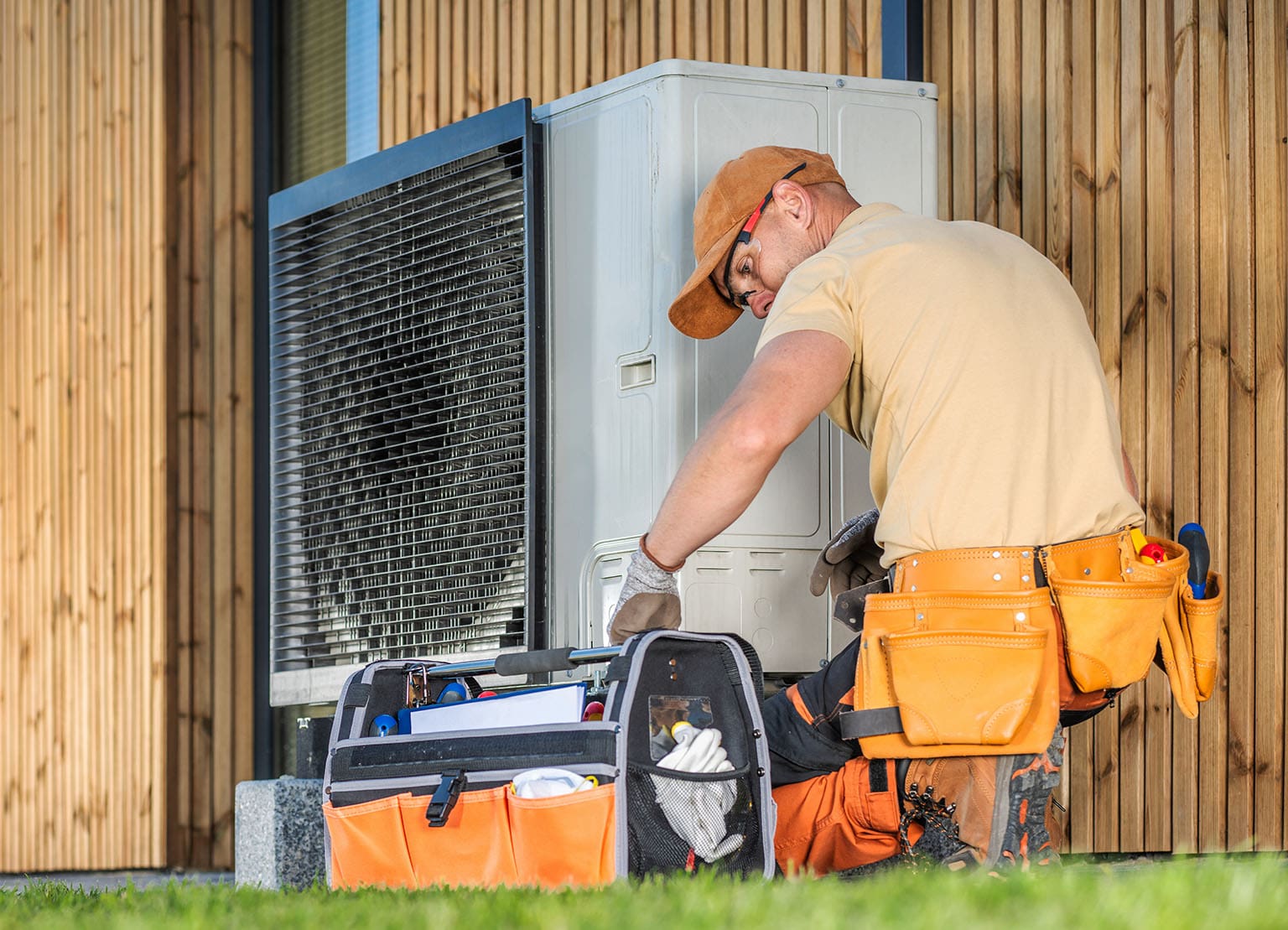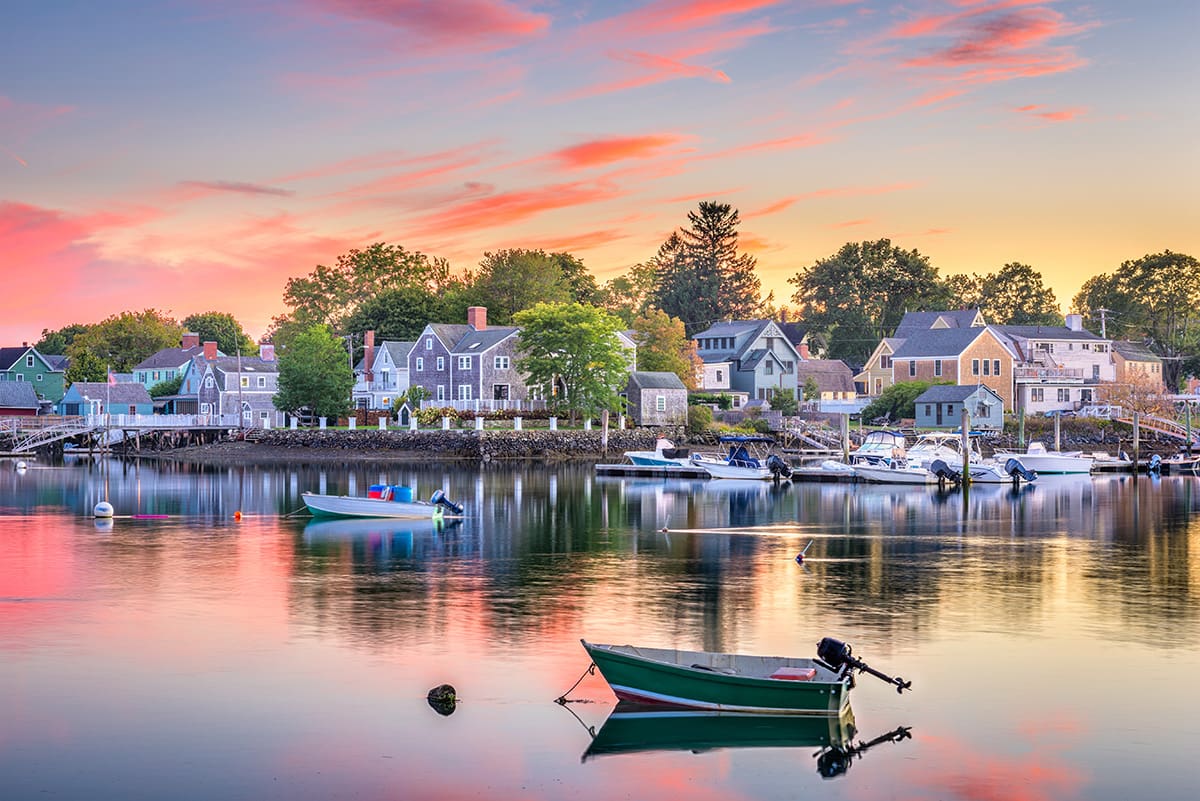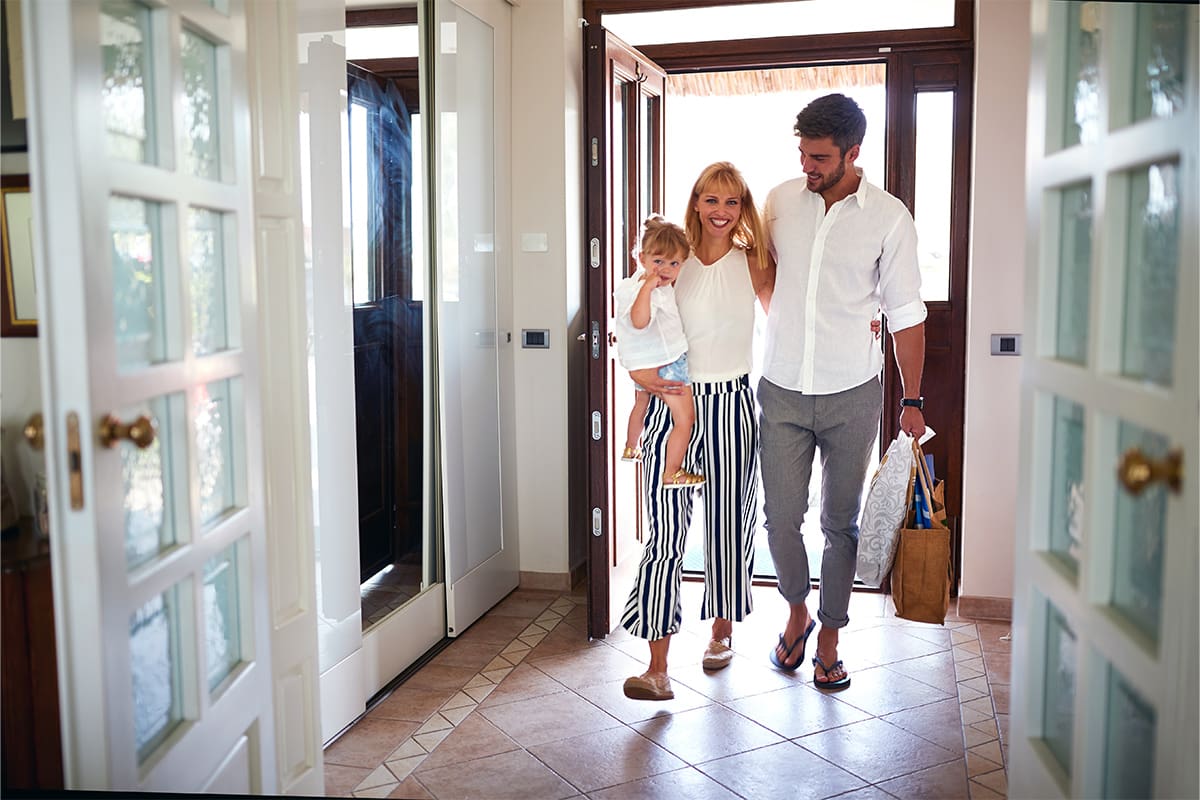Smart, personalized home protection
Your home is more than just a place to live—it’s where memories are made. Get personalized coverage that fits your space, lifestyle, and budget.
or call 813.939.5288 to speak with an advisor

OUR INSURANCE PARTNERS
We do the comparison shopping for you
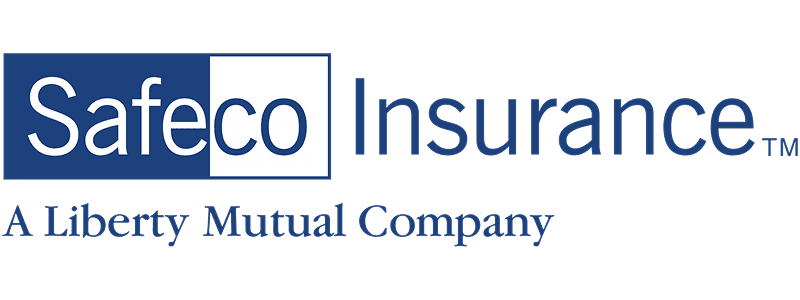
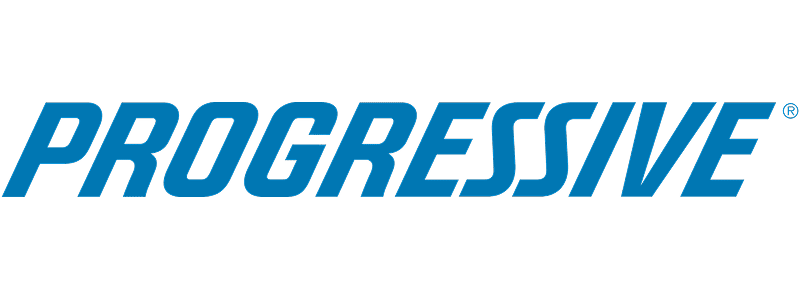

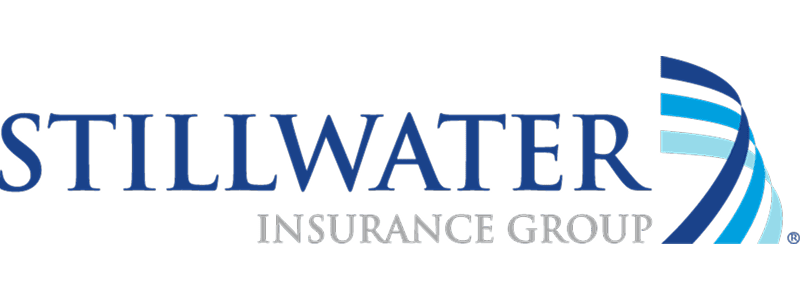

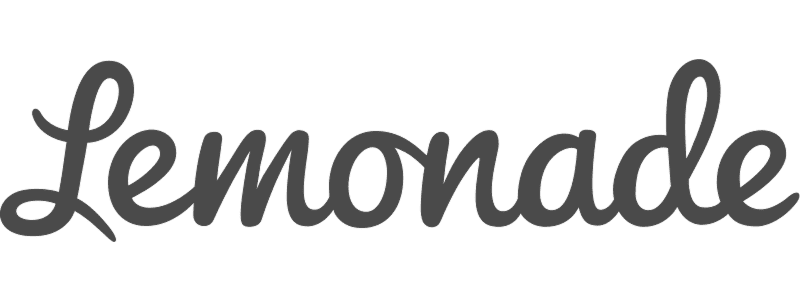
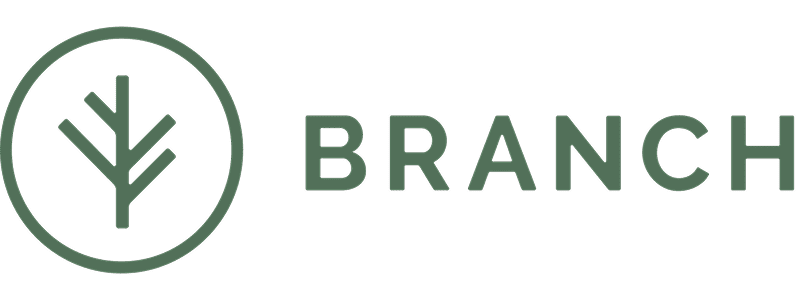
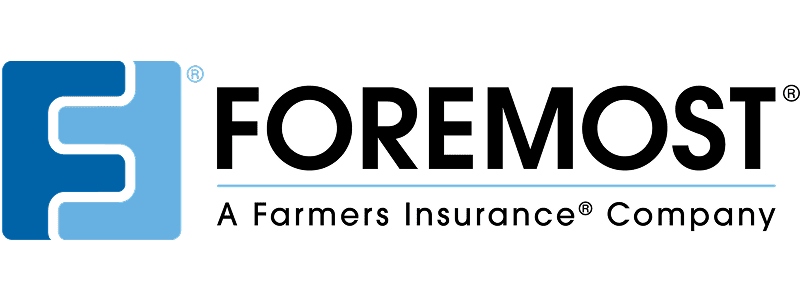
+100 more local and national partners
What does homeowners’ insurance cover?
Understanding your coverage is key to helping ensure you’re fully protected. Here’s a breakdown of the six main areas homeowners’ insurance covers:

Your dwelling
Dwelling coverage protects your home’s structure, including walls, roof, and foundation, if damaged by a covered event, such as a fire, storms, or vandalism. It also covers essential systems, like plumbing, electrical, and built-in appliances.
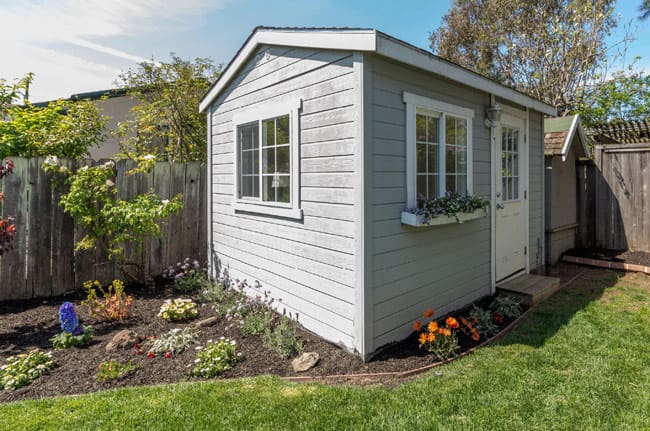
Other structures on your property
Other structures coverage protects detached structures, such as garages, sheds, or guesthouses, if damaged by a covered event. This ensures repairs or rebuilding costs are covered, protecting spaces used for storage, recreation, or additional living areas.

Your personal property
Personal property coverage helps replace belongings, such as furniture, electronics, and clothing, if stolen, damaged, or destroyed by a covered event. Some policies also cover items outside your home, such as those in your car or a storage unit.

Medical payments
Medical payments coverage helps pay medical expenses for guests injured on your property, regardless of fault. It also helps with minor injuries, covering costs like ambulance fees and doctor visits, preventing small accidents from becoming bigger issues.
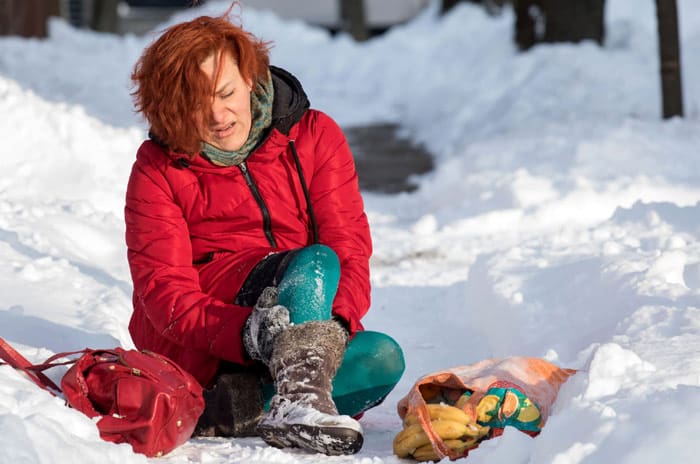
Liability
Liability coverage protects you if someone is seriously injured on your property and takes legal action. It covers legal fees, court costs, and medical expenses if you’re found responsible, and may even extend to incidents outside your home.
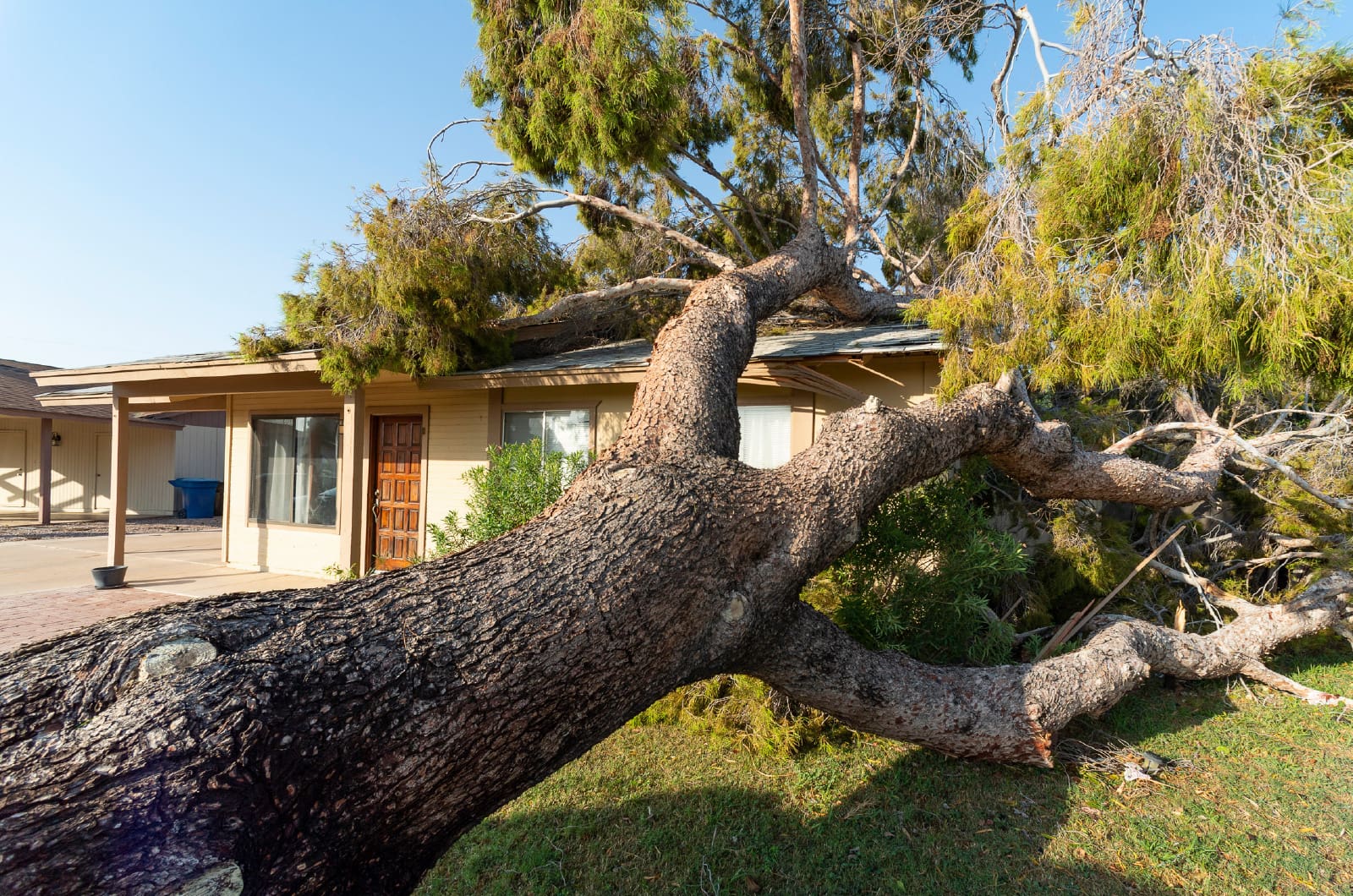
Loss of use
Also known as Additional Living Expenses (ALE), loss of use covers temporary housing, meals, and extra living costs if your home becomes uninhabitable due to a covered loss, helping you maintain your lifestyle while repairs are made.
What does home insurance not cover?
While homeowners’ insurance covers many risks, there are certain conditions to be aware of. Understanding some common exclusions can help you plan for additional coverage, where needed. Here’s a quick breakdown of what homeowners’ insurance traditionally does not cover:
Flood damage
Standard policies generally don’t cover flood damage from rising water due to heavy rain, hurricanes, or overflowing rivers. If you live in a flood-prone area, you’ll likely need a separate flood insurance policy.
Hurricane damage
While wind damage is often covered, some policies in hurricane-prone areas exclude or limit coverage for hurricane-related losses. You may need additional windstorm or hurricane insurance if your home is likely to be affected by these weather patterns.
Earthquakes, landslides, and sinkholes
Most standard policies exclude earthquakes and related ground movements, like landslides and mudslides. If you’re in a high-risk area, you can add coverage through an endorsement or a separate policy.
Sewer backups
Damage from backed-up drains or sewer lines isn’t typically covered, but you can add an endorsement for extra protection.
Mold damage
Standard homeowners’ insurance policies usually don’t cover mold caused by humidity, long-term leaks, or neglect. However, if mold results from a covered event, like a burst pipe, there may be limited coverage.
Neglect and intentional damage
Homeowners’ insurance covers sudden and accidental damage and generally does not cover wear and tear or neglect. You’re responsible for aging roofs, plumbing leaks, and maintenance issues. Damage from neglected repairs or intentional acts isn’t covered.
Pests and infestations
Damage from termites, rodents, or other infestations traditionally are not covered since it’s considered a maintenance issue. Preventative pest control is the homeowner’s responsibility and ignoring an infestation can lead to costly repairs.
High-value items
While personal property coverage applies to belongings, high-value items, like jewelry, fine art, and collectibles, may have limited coverage. If you own valuable possessions, consider adding scheduled coverage for extra protection.
Home-based business losses
If you run a business from your home, your homeowners’ policy likely won’t cover business-related losses, like damaged equipment or liability claims. You may need a separate business policy.
High-risk dog breeds
Liability coverage for dog bites or injuries may exclude certain breeds considered high-risk, such as pit bulls or rottweilers. If you own a restricted breed, check your policy for potential exclusions or additional coverage options.
Government actions and war
Losses from government seizures, war, or acts of terrorism traditionally aren’t covered by standard homeowners’ insurance. If an event like this occurs, homeowners may need to look into government relief programs for assistance.
Nuclear hazards
Homeowners’ insurance traditionally won’t cover losses from nuclear accidents, as these are considered catastrophic risks beyond the scope of traditional policies. Government relief programs generally handle such incidents.
LEAVE THE INSURANCE SHOPPING TO US
Optimal protection in minutes
We shop 100+ top insurance companies and compare options for you.
Is homeowners’ insurance mandatory?
Homeowners’ insurance isn’t legally required, but if you’re getting a mortgage, your lender will likely require a policy—often in the form of an insurance binder—before finalizing your loan to protect their investment. If you own your home outright, coverage is optional but highly recommended to avoid expensive out-of-pocket repairs. Additionally, some HOAs mandate insurance to meet community standards.
How soon before closing should I get homeowners’ insurance?
Your policy should be active at least three days before closing. Most mortgage lenders require proof of coverage before finalizing the loan, and without it, you could face costly delays—or even risk missing your closing date.
To avoid last-minute stress, start comparing policies two to three weeks before your closing date. This gives you time to find the best coverage, meet lender requirements, and add protections, like flood or valuables coverage, if needed.
Securing insurance early helps ensure a smooth closing and protects your new home from day one.
How is home insurance calculated?
Insurers determine your home insurance rate using four key steps:
- Baseline risk assessment: They estimate potential claims for homes like yours, known as the “pure premium,” based on factors like local disaster risks and construction costs.
- Operating costs and profit: Insurers add expenses, such as employee salaries, agent commissions, and taxes, to establish the base premium.
- Home-specific adjustments: Factors like home age, size, replacement cost, disaster risk, location, crime rates, coverage levels, and claims history impact your final rate. A higher deductible lowers premiums, while extra coverage raises them.
- Applied discounts: You may qualify for savings by bundling policies, installing security systems, upgrading your home, or living near emergency services.
For a deeper dive into how home insurance costs are determined, check out our detailed post about home insurance pricing.
How to lower premiums
Here are a few ways to reduce your homeowners’ insurance premium:
- Increase your deductible: A higher deductible lowers your premium, but you’ll pay more upfront if you file a claim.
- Bundle your policies: Combine home and auto insurance to save 5-25 percent on each policy.
- Review your policy: It’s important to check your home insurance policy each year to make sure you’re not paying for coverage you no longer need.
- Maintain a good credit score: Insurers often offer lower premiums for those with higher credit scores.
Shopping around for the best home insurance rate takes time, but we make it easy. At The Baldwin Group, we do the comparison shopping for you, so you don’t have to spend hours gathering quotes.
Get a no-obligation homeowners’ insurance quote today and find out how much you could save.
Why should I get quotes through a broker?
Finding the right homeowners’ insurance can be overwhelming, but an experienced broker makes it easier. Here’s how The Baldwin Group helps:
Here’s how it works:
- More choices, better savings: We compare multiple insurers to find the best coverage and exclusive discounts.
- Tailored coverage: We help ensure you get the protection you need—without overpaying or missing key coverage.
- Hassle-free shopping: We handle the research and comparisons, saving you time and effort.
Get expert guidance and the best rates available—contact us today for a personalized homeowners’ insurance quote.
HOMEOWNER INSIGHTS
Your guide to better home coverage
From coverage basics to cost-saving tips, our blog helps you navigate home insurance with ease. Stay informed and stay protected.

LEAVE THE INSURANCE SHOPPING TO US
Better coverage starts here
We take the guesswork out of homeowners’ insurance. Get expert guidance, top-rated coverage, and savings—all in one place.
